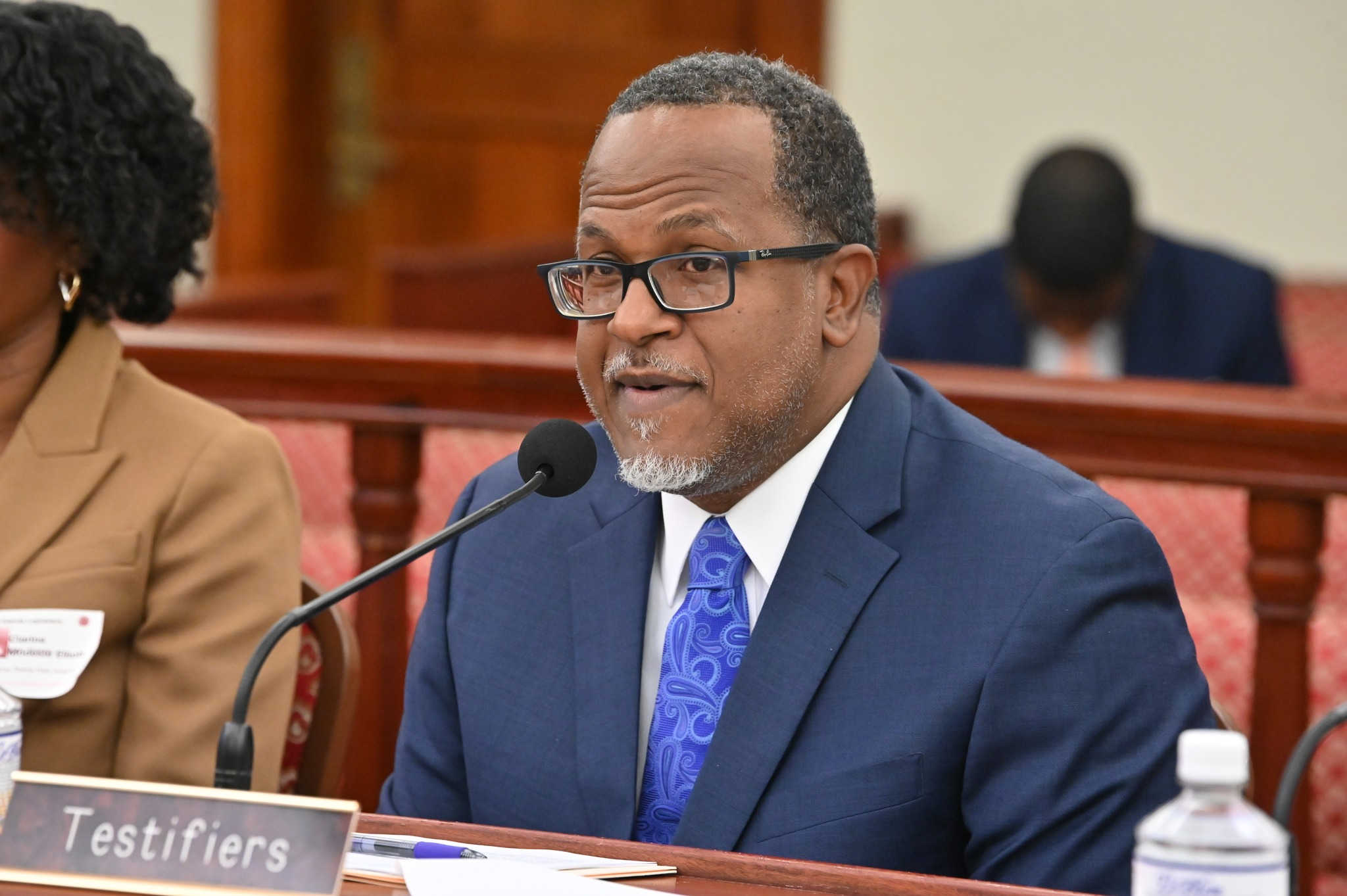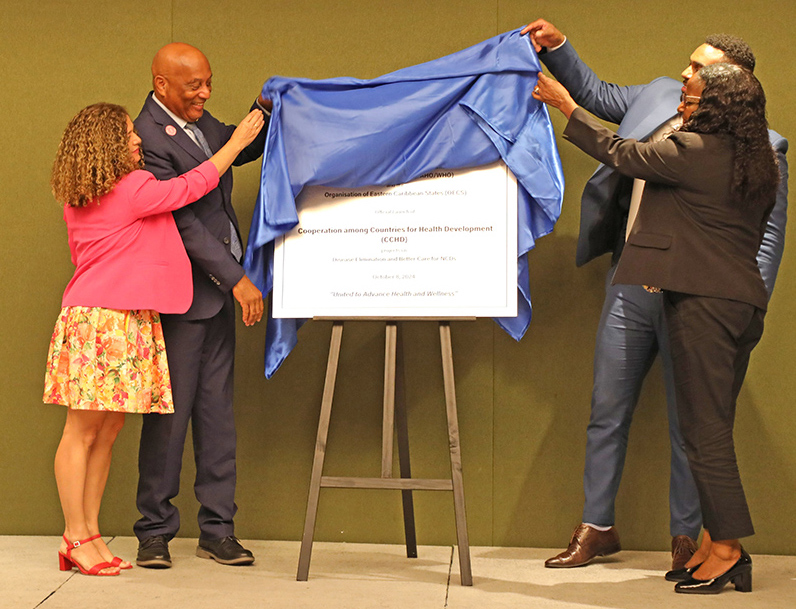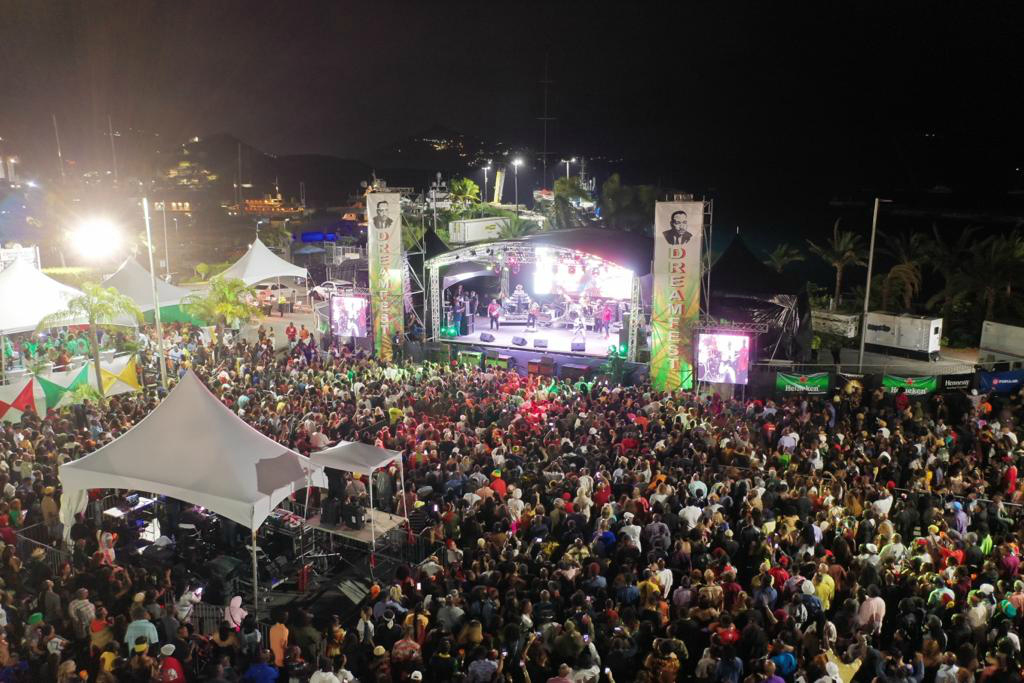Vendor Failures Jeopardize Million in GVI’s Federal Funding Process, Says OMB Director
 01 November 2024
01 November 2024


A vendor hired by the Government of the Virgin Islands to establish an approved indirect cost rate has failed to meet the contractual milestones, according to Julio Rhymer, acting director of the Office of Management and Budget.
Indirect costs, which are intended to cover the operational expenses associated with federally funded projects and programs, are a crucial component of grant funding. In fiscal year 2024, the Departments of Education, Health, Human Services, and Property and Procurement received $9.4 million in such funds to support their federally funded initiatives, Mr. Rhymer informed lawmakers during a Senate Committee on Budget, Appropriations, and Finance meeting on Wednesday.
However, while the GVI anticipates receiving a “comparable amount for fiscal year 2025,” Mr. Rhymer warned that the government finds itself “in a precarious position at this time, as we do not have an approved indirect cost rate.” The last approved rate was calculated in 2022, for fiscal year 2020.
The absence of an updated rate “has significantly hampered our ability to increase revenues from the indirect costs associated with administering federal funds,” he apprised lawmakers. The GVI has been using a minimum rate of 10%. It is the lack of this updated rate which prompted the GVI to hire eCivis, entering into a 5-year contract. According to Mr. Rhymer, eCivis has “failed to deliver results as needed.” The acting OMB director could not answer a question from Senator Carla Joseph on the amount of money the company has been paid thus far, or the total value of the contract.
Expected results from eCivis included indirect cost calculations and access to an e-service platform “as a service solution that features a cost allocation plan.” The company did submit information with which to calculate indirect costs for 2022, but as Mr. Rhymer disclosed, “the information, based on my investigation, was poor and definitely would not be approved.”
With both objectives still unfulfilled, OMB has scheduled a meeting with the vendor to “review the terms of their contract and address these shortcomings.” Simultaneously, OMB is “exploring alternative options to secure a vendor capable of providing the essential services and support we require.”
Responding to another question from Senator Joseph about whether the government can claw back any of the money that it paid to eCivis for work that has not been completed, Mr. Rhymer said that this option is being investigated with Property & Procurement, “and most likely it will go to the AG after that.”
Meanwhile, according to Mr. Rhymer, finding a vendor that can actually perform the required work “is vital to establishing a reliable and approved indirect cost rate, which will ultimately boost our financial stability and improve our ability to manage federal funding effectively.”



